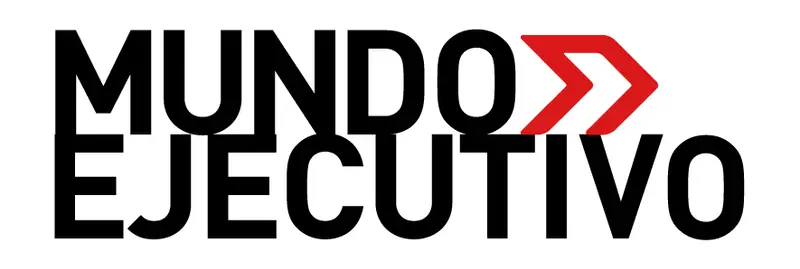The Prisoner Swap: A Complex Diplomatic Exchange
In an unprecedented move, the Biden administration has struck a deal with the Chinese government involving a prisoner swap that features the release of three convicted spies. This decision signifies the intricate dance of diplomacy between the United States and China, showcasing the underlying tensions and collaboration that exists in international relations.
Details of the Swap
On December 13, 2024, President Biden approved the release of Yanjun Xu, Ji Chaoqun, and Shanlin Jin, who were serving sentences in the United States. Xu, a Chinese government intelligence officer, was notably the first of his kind to be extradited to the U.S. to face espionage charges, leading to a 20-year prison sentence for attempting to steal trade secrets from American aviation companies. Ji Chaoqun was convicted for acting on behalf of China’s Ministry of State Security, while Jin was imprisoned for possessing a vast collection of child pornography as a doctoral student.
Returned Americans
In exchange for these three individuals, the U.S. government successfully secured the release of three wrongfully detained Americans: Mark Swidan, Kai Li, and John Leung. Swidan, who has faced allegations of drug charges deemed illegitimate by the United Nations, was imprisoned in China since 2012. This swap underscores the pressing need for justice for those detained unjustly, a principle that resonates strongly within the international community.
The Political Implications
This outcome may alter the dynamics of U.S.-China relations, as it reflects the complexities and negotiations that inform ongoing diplomatic efforts. While the release of these spies may be seen as a concession, it displays a strategic approach to prioritize the safety and freedom of American citizens abroad. Critics of the administration will likely argue whether this sets a precedent for future negotiations, suggesting that severe criminal actions might be overlooked in the context of diplomacy.
Historical Context
Historically, prisoner swaps have been a method through which countries negotiate and secure the return of their citizens. This incident is just the latest example, but it dovetails with a broader narrative concerning espionage and national security. Navigating these waters requires not only attention to legality but also a sensitivity to the implications for human rights and justice.
Looking Forward
The implications of this swap will unfold in the coming weeks and months as both nations adjust to the outcomes of this deal. The Biden administration must strategize its next steps on the international front, balancing diplomacy with security to ensure the safety of its citizens and uphold justice in relations with global partners.
The release of these detained Americans is a moment of relief and gladness for their families and supporters. However, the complex relationship between the U.S. and China continues to be marred by suspicion, and this event may serve not only as a resolution of current detentions but also a foundation for future negotiations concerning security, trade, and interpersonal relations between the two global giants.

